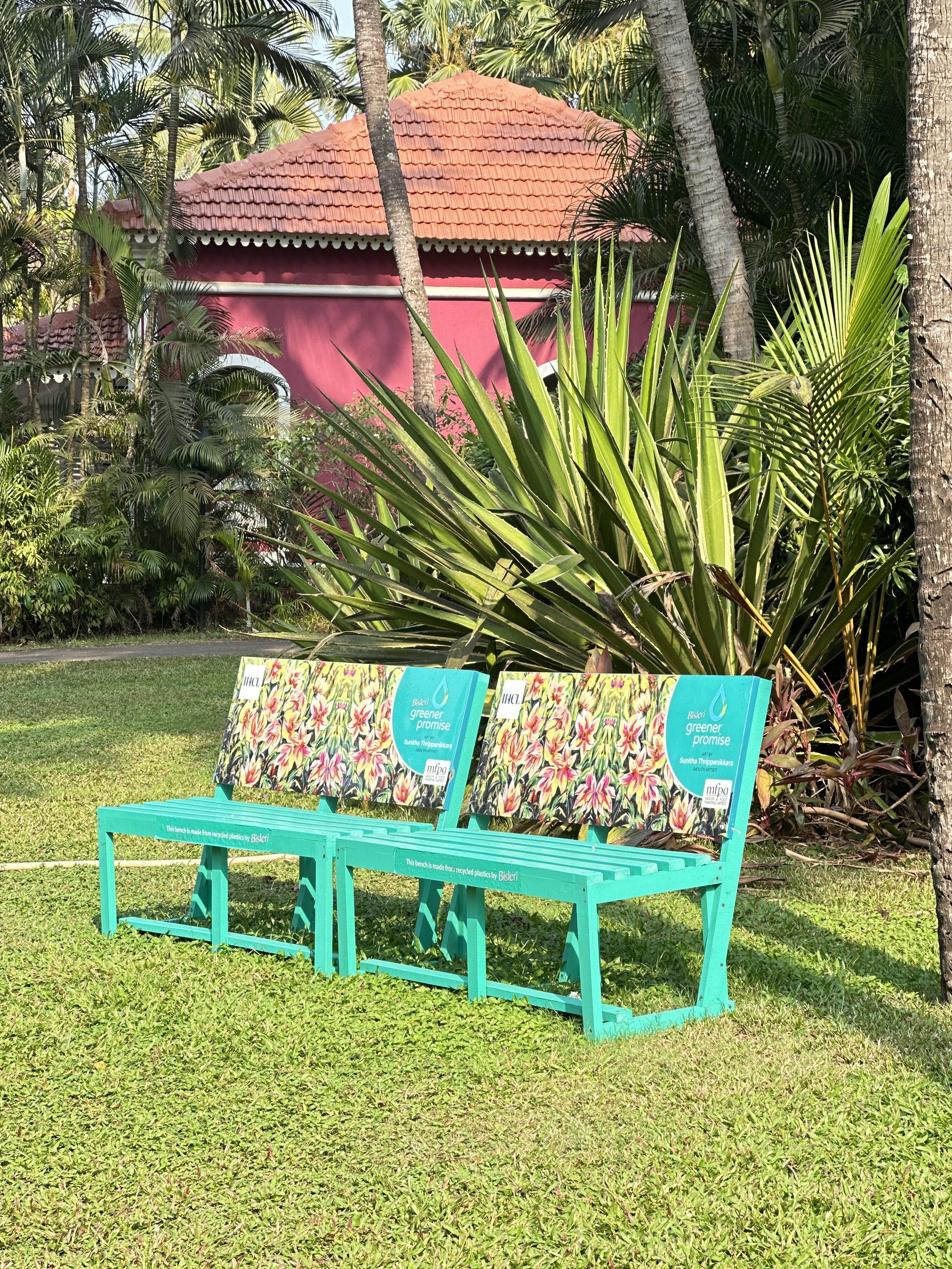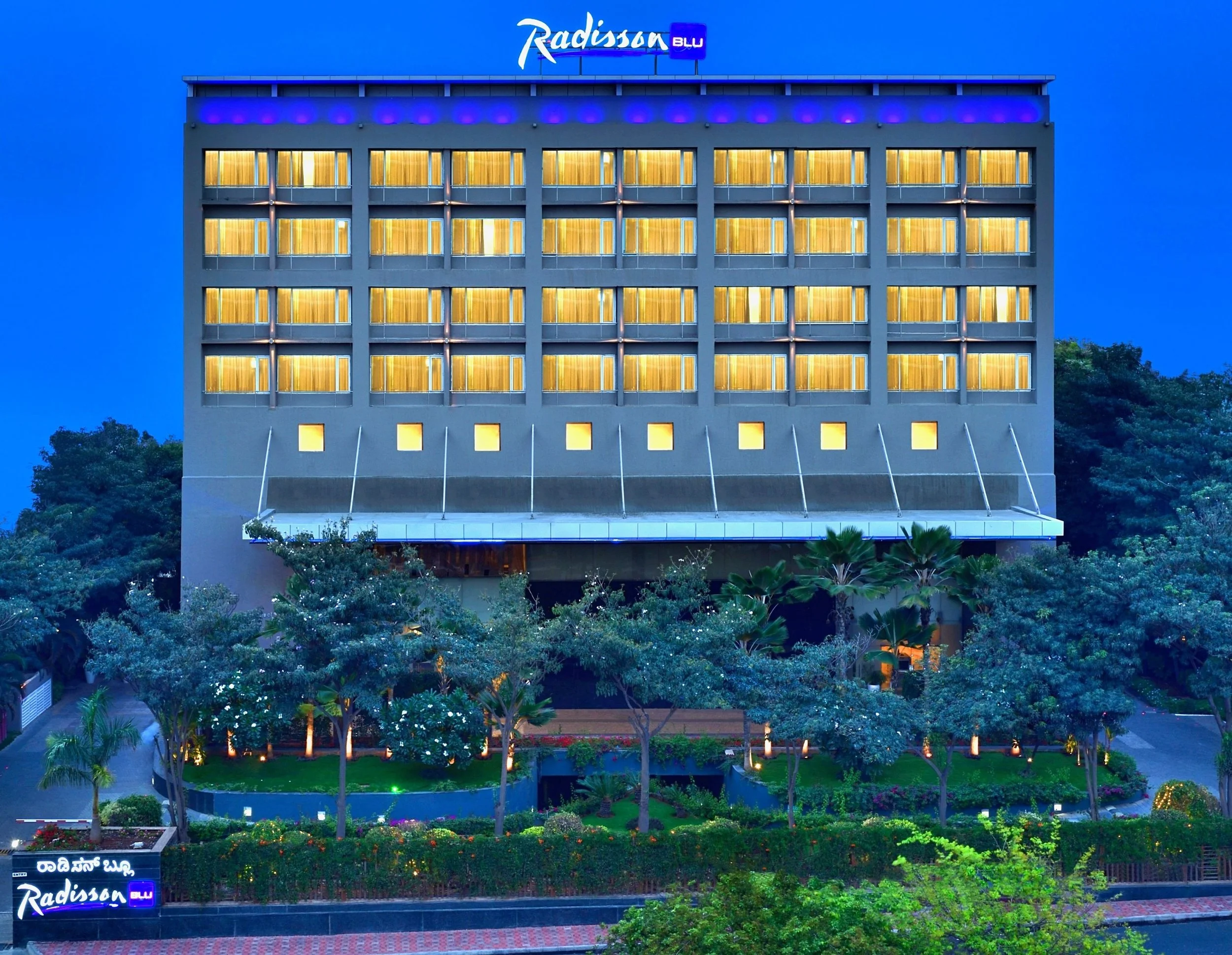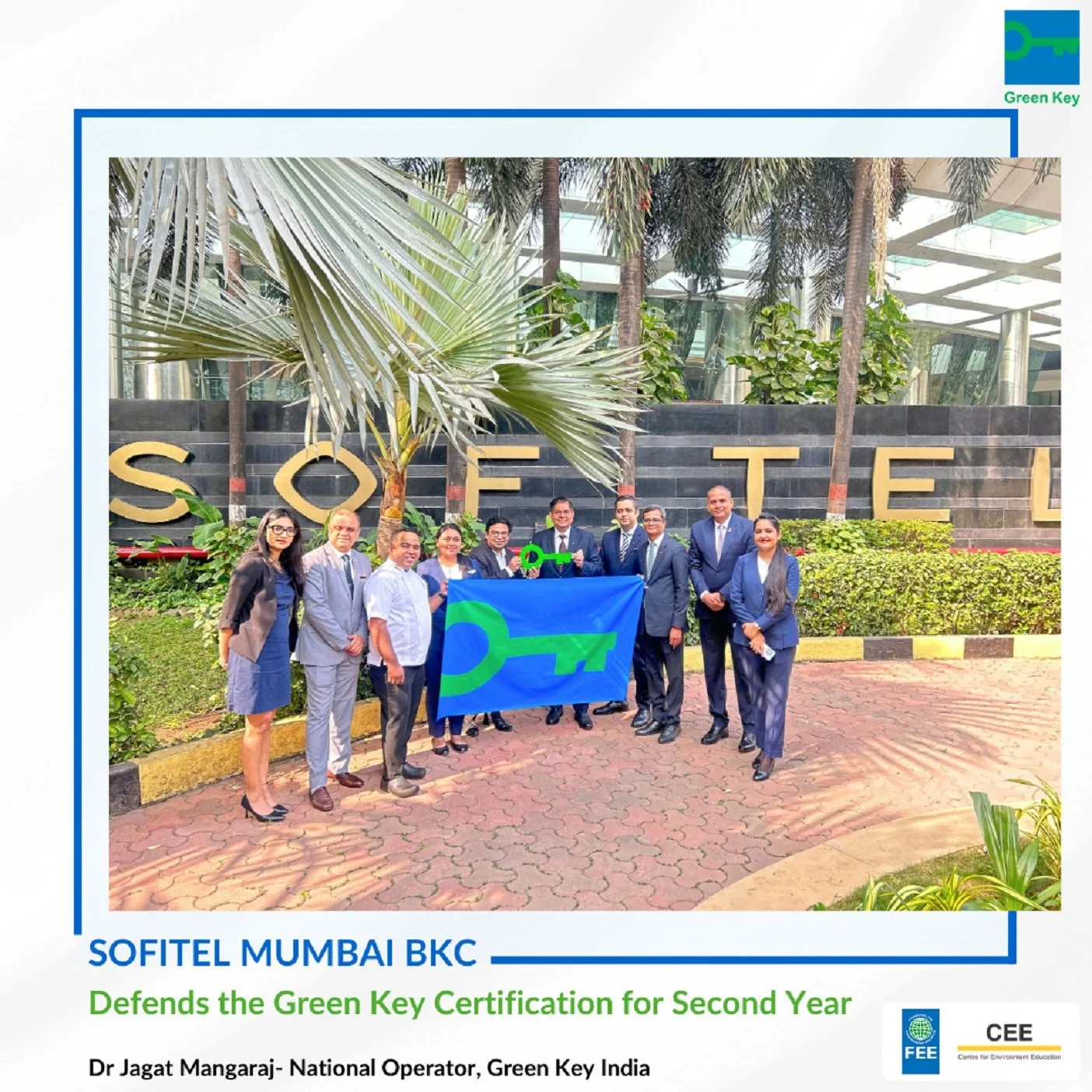Varun Sahani, Senior Vice President of Operations at Kamat Hotels India Ltd (KHIL) on Sustainability
/What sustainability innovations has your organization adopted recently?
At Kamat Hotels India Ltd (KHIL), we have embraced several sustainability initiatives aimed at reducing our environmental footprint. One key innovation is our state-of-the-art Sewage Treatment Plant (STP), which transforms wet waste into nutrient-rich vermicompost. This compost is used to enrich the greenery around our properties. Additionally, we focus on waste segregation practices, ensuring that we manage and recycle our waste efficiently. Our guest amenities are made from sustainable materials, and we incorporate energy-efficient systems across our properties, ensuring that luxury and sustainability go hand in hand.
How are you meeting or exceeding new industry sustainability standards?
We go beyond the industry’s sustainability standards by embedding eco-friendly principles into our everyday operations. From waste management to energy consumption, we maintain a holistic approach to sustainability. For example, our Sewage Treatment Plant (STP) reflects our commitment to responsible resource management, transforming waste into compost to support local green spaces. We also offer guests sustainable luxury experiences, including eco-conscious room amenities and energy-efficient systems, ensuring that our operations align with the values of responsible tourism.
Can you share specific case studies showcasing measurable impacts on the environment or operations?
A standout example is our Sewage Treatment Plant (STP), which not only treats wastewater but also converts it into nutrient-rich vermicompost. This initiative significantly reduces our reliance on chemical fertilizers and helps maintain lush green spaces around our properties.
Furthermore, our waste segregation practices have helped minimize landfill contributions, and our energy-efficient systems reduce our carbon footprint. These combined efforts demonstrate measurable environmental benefits, including lower waste output and reduced energy consumption.
What future trends in sustainability do you predict will dominate the hospitality sector?
We anticipate that sustainability will continue to be a major focus, with increasing demand for eco-friendly practices in all aspects of hotel operations. The future of sustainable hospitality will likely involve further integration of renewable energy sources, water conservation technologies, and more widespread use of automation to optimize resource usage. Guests will increasingly expect not just eco-friendly accommodations but also personalized experiences that align with their values. Additionally, the hospitality sector will see more emphasis on creating sustainable, locally-sourced guest amenities, as well as incorporating local culture and traditions into luxury experiences without compromising on environmental stewardship.














